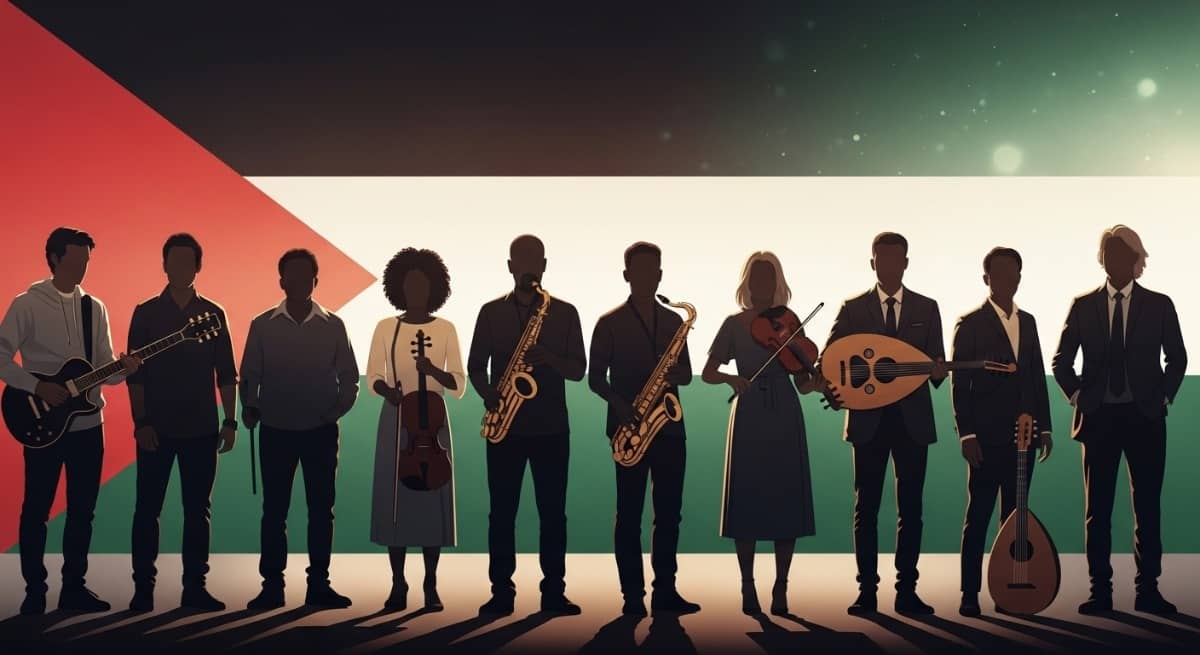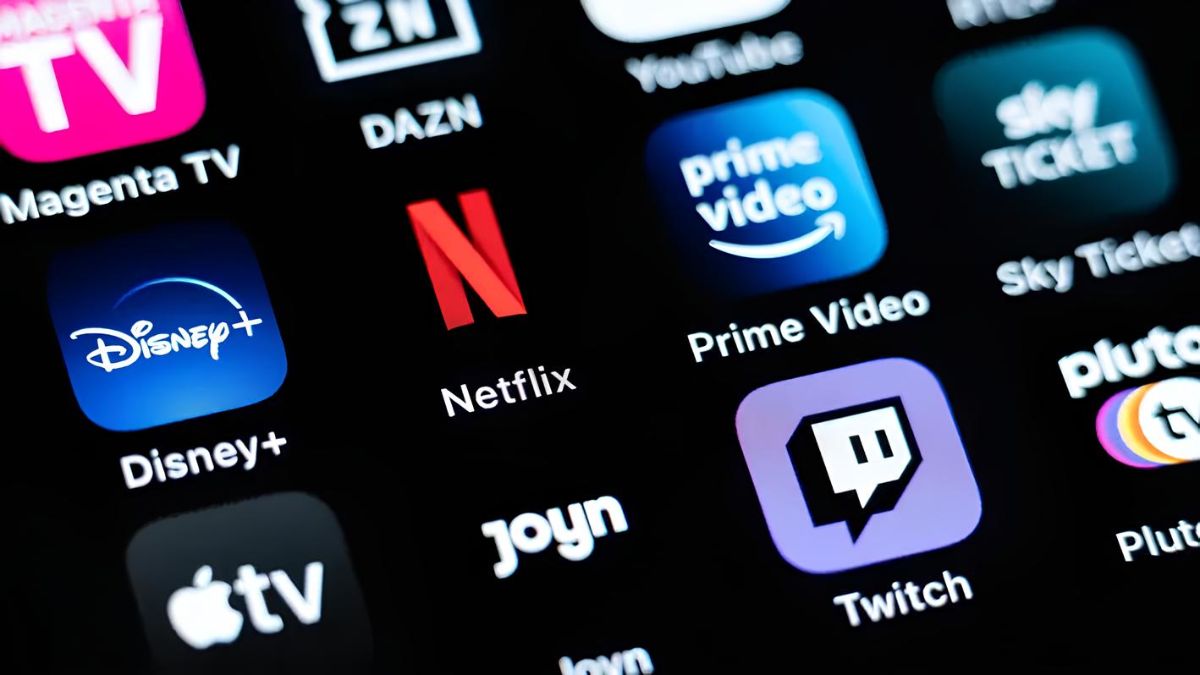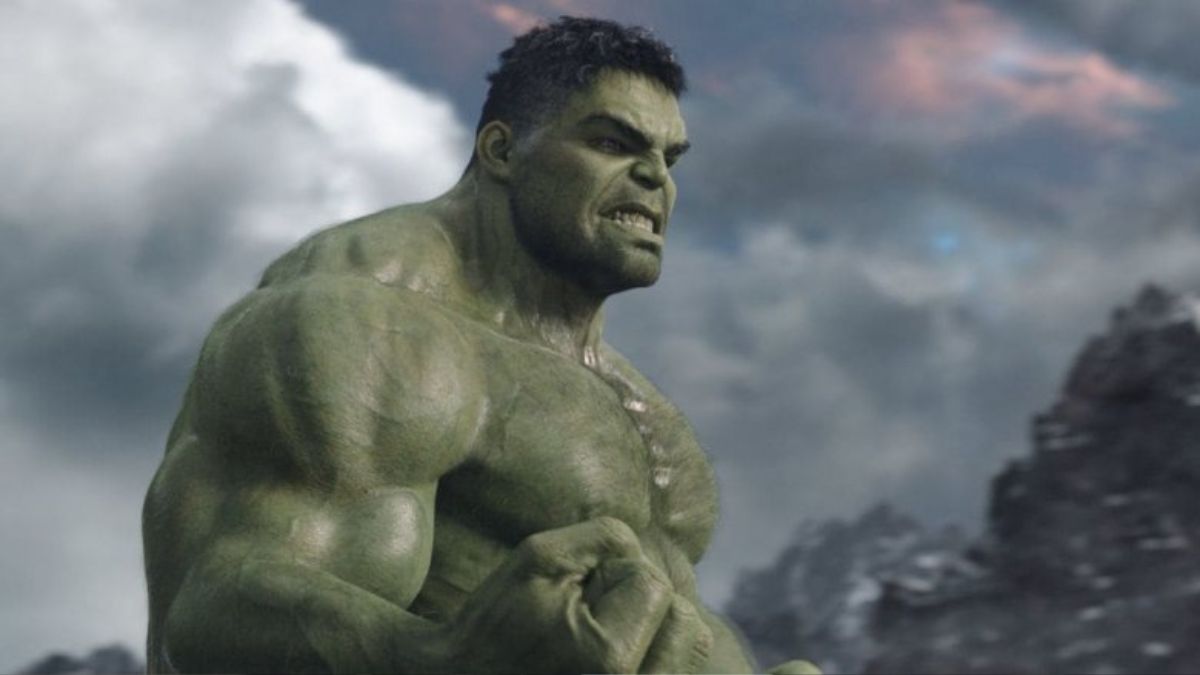More than 400 artists and independent music labels have withdrawn their music from Israel as part of a new campaign called “No Music For Genocide.” The initiative calls for a cultural boycott of Israel in response to its military actions in Gaza, alleged ethnic cleansing in the Occupied West Bank, and claims of apartheid policies within Israel.
Participants in the movement have geo-blocked their releases, making their music unavailable to listeners in Israel on digital streaming platforms. Organisers say the campaign aims to pressure the global music industry over its alleged ties to weapons manufacturers and complicity in crimes against humanity.
The boycott is open to all musicians and labels. Artists signed to major labels like Sony, Warner, or Universal are advised to contact the organisers directly via email at [email protected] for guidance. Independent artists can submit geo-block requests through their distributors or edit release territories in their distribution portals. Once completed, participants are encouraged to confirm their action via a form on the campaign’s website, nomusicforgenocide.net, and to share the movement online.
The campaign draws comparisons to the swift industry response to Russia’s 2022 invasion of Ukraine, when major labels removed their catalogues from the country within a month. “No Music For Genocide” organisers stress that, unlike Russia, Israel has not faced comparable music industry sanctions despite decades of occupation and the ongoing Gaza conflict.
Among the early participants are internationally recognised artists and labels including Arca, Aminé, Amyl and The Sniffers, BADBADNOTGOOD, Japanese Breakfast, Kelela, King Krule, Massive Attack, Primal Scream, Rina Sawayama, Saul Williams, Soccer Mommy, Sudan Archives, Young Fathers, and independent labels such as Bayonet Records, Minaret Records, Ruptured Records, Topshelf Records, and many others. The movement continues to grow, inviting more musicians and labels to take part in what organisers describe as a tangible step toward isolating Israel culturally.
The boycott reflects a growing wave of cultural activism amid the Israel–Gaza conflict, which has drawn international protests since October 2023. Organisers cite historical precedents, such as the cultural boycott of apartheid South Africa, as evidence of the influence artists can exert in political struggles.











